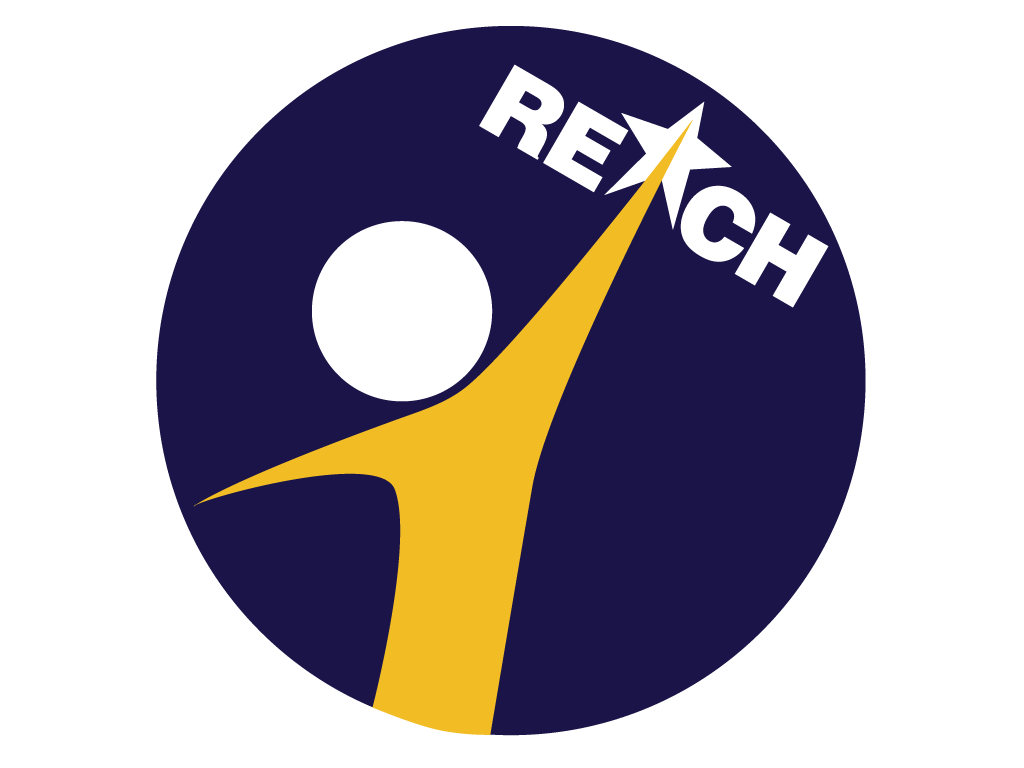11 Apr ACE Project Researchers Host Webinar on E-cigarettes for Miami Southridge Senior High School
ACE Project graduate students, Benjelene Sutherland and Nilo Fallah-Sohy, recently hosted a webinar on e-cigarette use with support from ACE Project program coordinator, Nasreen Hidmi, and Senior research assistant, Brigitte Madan. The webinar provided information on the current rate of e-cigarette use among teens, misconceptions about e-cigarettes, and the potential risks of vaping on teens and the developing brain. With the alarming increase in rates of e-cigarette use, such outreach efforts are critical in preventing youth from initiating use and in raising awareness over health risks. Over 170 Miami Southridge Senior High School students attended the live webinar, each receiving one hour of community service for their time. Contact sheets were collected from students who expressed interest in participating in the ACE Project study.
The Southridge e-cigarette webinar is part of a larger series of community engagements that is being launched by the ACE Project. Prior to COVID-19, the ACE project team would regularly conduct speaking engagements at partner schools, in order to gather participants for the study. This new initiative makes an effort to re-engage with our community and partner schools, in order to increase participation in the re-launch of the cross-sectional portion of the ACE Project. The ACE Project team is excited to continue this initiative with partner schools in the coming months.













